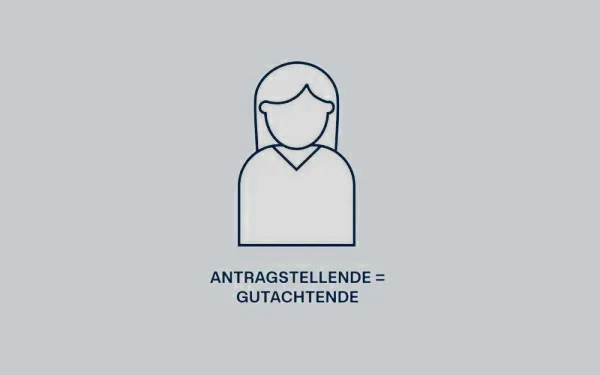Distributed Peer Review (DPR): New findings on the review process
#Peer Review
Somchai/KI via stock.adobe.com
Articles in the journals Science and Nature summarise recent experiences with the use of the innovative DPR method, which were presented at the Metascience 2025 conference in London.
Since 2024, the Volkswagen Foundation has been experimenting with a new review process: the Distributed Peer Review (DPR). Applicants for the funding initiative Open Up - New Research Spaces for the Humanities and Cultural Studies review each other's applications.
Positive Effects of DPR
Jeffrey Brainard summarised the findings for the journal Science. You can read the Science article here. An article by Helen Pearson for the journal Nature highlights the experiences of UK Research and Innovation in particular. You can read the Nature article here.
The data shows, among other things, that
- Many of the participating applicants would apply again for a funding opportunity assessed using DPR.
- The DPR process can contribute to a fairer and more democratic evaluation, as the review is distributed among a more diverse group (including young scientists, for example).
- With DPR, the burden of review is reduced for individuals, as it is spread across several shoulders.
- With DPR, the time between submission and decision is significantly shorter.
An initial preliminary conclusion: Although the results indicate that DPR will not completely replace traditional panel review, it could improve the review process for selected types of funding and also provide data that could contribute to the optimisation of review procedures overall.
Accompanying research and guidelines for the DPR
The collaboration between the Volkswagen Foundation and RoRI, which is accompanying the use of the DPR at the Foundation, has resulted in the creation of a guide to the DPR process. The results of the accompanying research on the first round of calls for proposals for the ‘Open Up’ initiative, in which the DPR was used, are to be published shortly.





